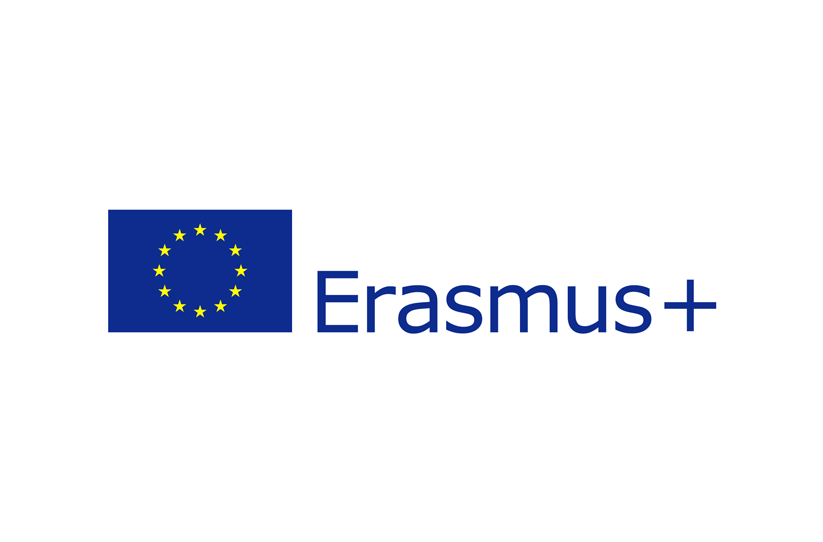CONTEXT OF THE PROJECT
The opportunity to travel, take up studies abroad, emigration, contact with foreigners, working in international corporations, practices, internships, international trade make intercultural competence – understood as a combination of knowledge on cultural differences as well as tolerance and cognitive curiosity become qualities required from future students and employees. At the same time the creativity, talent and passion of young people is a huge potential, which if used effectively and properly directed may become a spark for long-term cooperation between schools and the implementation of the project will undoubtedly broaden horizons and spread new opportunities for personal and professional development offered by the united Europe, qualities required from future students and employees.
The realization of the project A TOUR AROUND EUROPE is multi-faceted; it takes into account education and entertainment, as well as social aspects, using interculturalism as the impetus for development and activation of young people from different parts of Europe. On the one hand, young people appreciate and spread their own culture, traditions, customs, regional and local identity but they also learn tolerance and openness towards European societies and their values.
The target group of the project are Polish and Portuguese students of general and vocational secondary schools between the ages of 16 and 19. The participants will be young people from different social backgrounds, often from small towns or poorer neighbourhoods. The participation in the project will enable them to go abroad for some of them for the first time in their lives, get to know new places, improve language skills, broaden their cultural and spiritual horizons. The participation in the project can also be an incentive for future personal and professional development.
Description of activities
The substantive scope of the project involves conducting workshops and study visits in selected regions of Portugal and Poland. During different stages of the project the students will have an opportunity to explore the following issues:
culture, history, customs, traditions and society;
natural and artefact values of the visited regions;
tourist products of visited regions.
Stage I - Presentation of regions –schools present their countries and regions.
Stage II - Study visits/fieldwork – integration and learning about the visited country, gathering materials, work in international teams.
Stage III - Analysis and development of materials/ creating tourist guides – international teams. The project divided into stages realized during 2 years will allow to develop the following products:
Products
the project’s website
a multimedia travel guide on selected regions of the partner countries, all using modern technology and disabled friendly itineraries, services and aids
Expected results of the project impact
Getting to know and understanding of programs, ideas and the aim of intercultural education.
Deepening the knowledge on one’s own cultural background and its impact on the perception of the world and behavior.
Developing effective communication skills in cross-cultural contexts (educational, professional, personal), coping with difficult situations and misunderstandings.
Being aware of cultural differences, accepting different points of view.
Perceiving diversity as a potential.
Potential long-term benefits
Enriching the educational offer in the participating schools, promoting and strengthening their brand as creative institutions.
Integrating communities, intergenerational exchange of experiences, developing skills and international cooperation.
Increasing interest in natural sciences, a larger number of graduates will choose this field of study.
